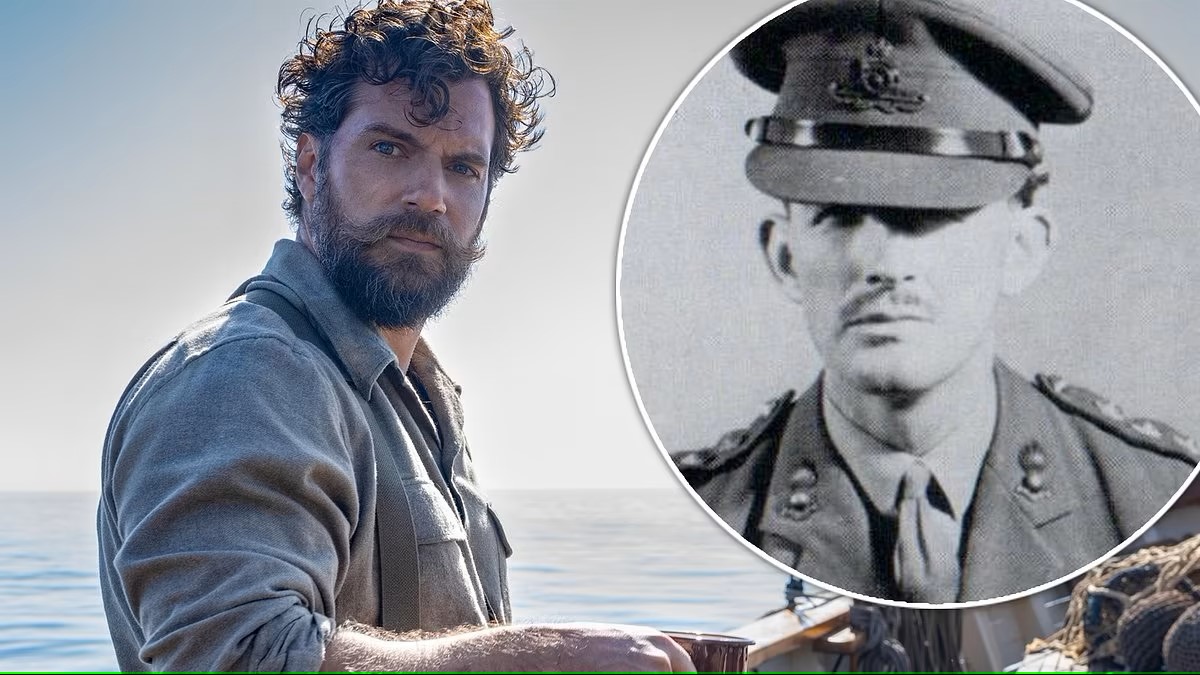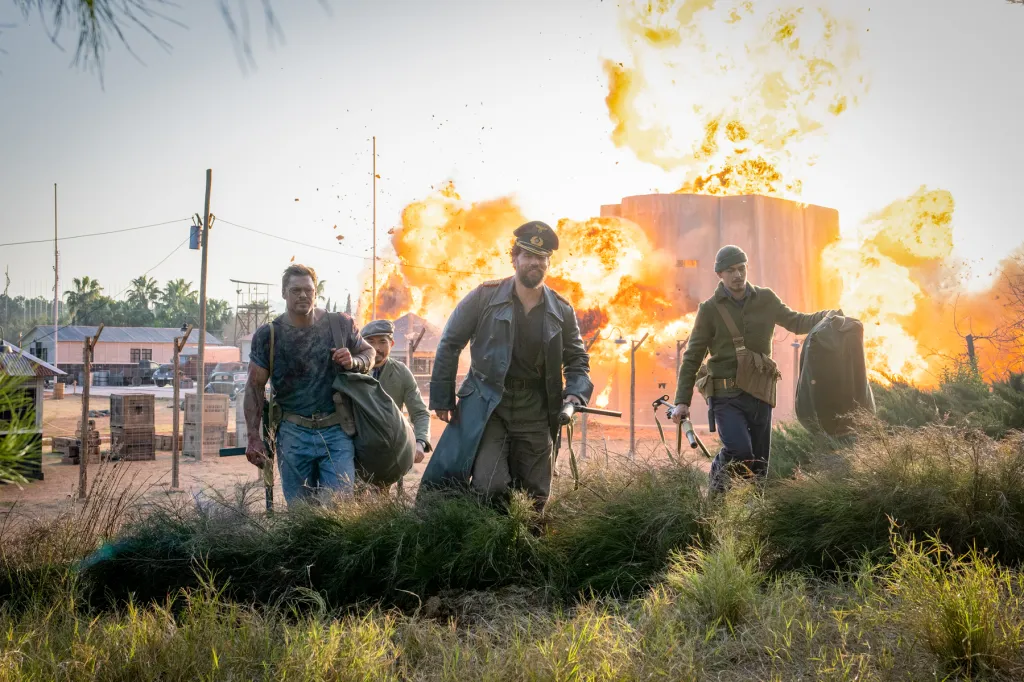In the realms of cinema, where war films have long captivated audiences with tales of valor and strategy, “The Ministry of Ungentlemanly Warfare” emerges as a uniquely stirring narrative, blending action, comedy, and historical intrigue. Directed by the versatile Guy Ritchie, this 2024 film reimagines the covert operations that helped shape modern warfare, based on recently declassified files of the British War Department.
The film spins a tale about the origins of the first special forces unit in WWII, conceptualized by none other than UK Prime Minister Winston Churchill and the visionary military officials, including author Ian Fleming. This clandestine group, known for their unconventional combat tactics, was pivotal in altering the course of the war and establishing the groundwork for what would become the British SAS and contemporary Black Ops methods.

Set against the grim backdrop of 1941 Europe, with London under the constant threat of the Luftwaffe, “The Ministry of Ungentlemanly Warfare” follows the inception of Operation Postmaster. This audacious plan aims to disrupt Nazi U-boat operations on Fernando Po, a Spanish-controlled island. The narrative unfolds with Brigadier Colin Gubbins assembling a disparate team led by Gus March-Phillips. The crew’s mission: to sabotage an Italian supply ship using the neutral Swedish fishing trawler, Maid of Honor. Amidst escalating tensions and high stakes, the team’s journey is fraught with peril and unexpected detours, culminating in a daring raid that showcases their bravery and cunning.
The film features a stellar ensemble, including Henry Cavill as Gus March-Phillips, alongside Eiza González, Alan Ritchson, Henry Golding, and Alex Pettyfer. Each actor brings depth and charisma to their roles, embodying the spirit of the unsung heroes of that tumultuous era. Ritchson’s portrayal of Danish naval officer Anders Lassen and González’s turn as SOE agent Marjorie Stewart are particularly notable for their dynamic performances and crucial roles in the mission’s success.

Guy Ritchie, known for his dynamic storytelling and aesthetic flair, directs the film with a script co-written by Arash Amel. The project, initially acquired by Paramount Pictures in 2015, saw a shift in production hands with Black Bear International taking over sales. Filming spanned locations including Antalya, Turkey, encapsulating the scenic yet tense atmospheres crucial to the film’s setting.
The blend of historical facts with Ritchie’s signature style of fast-paced action and sharp wit makes “The Ministry of Ungentlemanly Warfare” not just a film but a cinematic event. It serves both as an homage to the daring deeds of WWII’s covert operatives and a commentary on the unorthodox strategies that often go unnoticed in war narratives.

The Real Spies
“The Ministry of Ungentlemanly Warfare” not only offers a cinematic spectacle but also pays homage to the real-life spies and operatives who shaped the course of World War II. The movie portrays characters like Ian Fleming, portrayed by Freddie Fox, who, before creating the iconic James Bond, was an integral part of the planning and execution of numerous covert operations. Fleming’s role in the film is a nod to his real-life contributions to naval intelligence and his later influence on spy fiction.
Additionally, the character of Gus March-Phillips, though heavily fictionalized, is inspired by actual leaders of covert operations who pioneered unconventional warfare tactics. Figures such as William Fairbairn and Eric Sykes, who were instrumental in training Allied commandos, are reflected in the film’s depiction of training and combat techniques that emphasize stealth and surprise over traditional combat methods.

Moreover, the inclusion of characters like Marjorie Stewart and Richard Heron, while not directly correlating to specific figures, represents the many unsung heroes of the SOE (Special Operations Executive), who worked behind enemy lines to sabotage Nazi operations. These characters bring to life the courageous efforts of countless operatives like Violette Szabo and Noor Inayat Khan, who risked everything in the shadows of the war.
Through its creative liberties, the film manages to capture the essence of the bravery and ingenuity of these real-life warriors, making “The Ministry of Ungentlemanly Warfare” a tribute to their legacy and a reminder of the impact of their unorthodox strategies on modern warfare.




